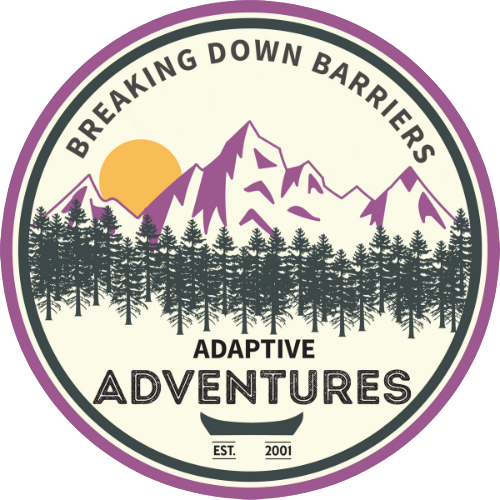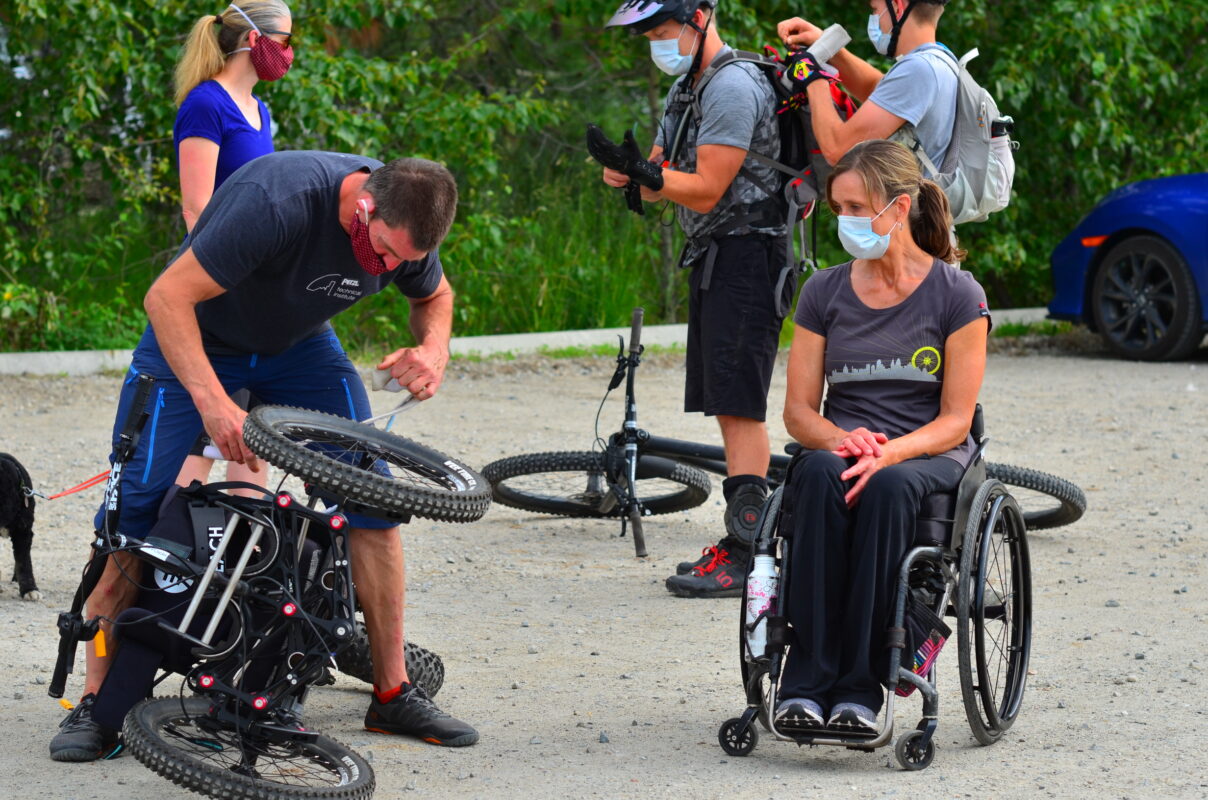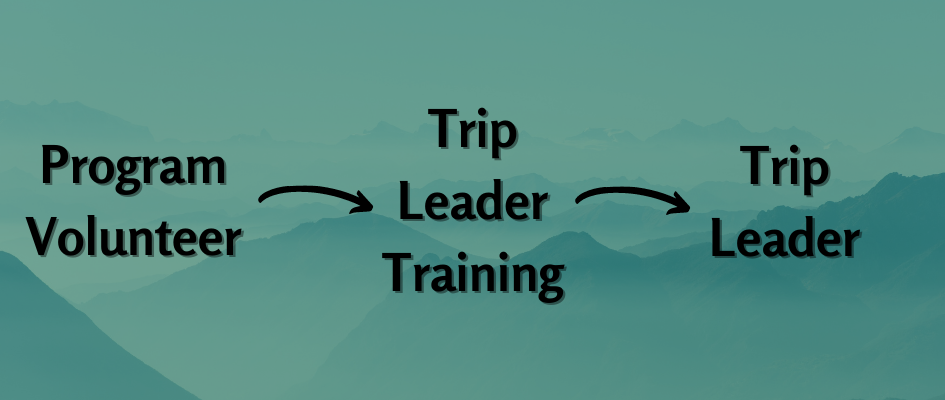Responsibilities
- Lead groups of clients, guests, and volunteers on CRIS outdoor trips in activities such as hiking, cycling, paddling (canoe, kayak, paddle boarding), snowshoeing, or Nordic skiing
- Take responsibility for group safety by implementing trip plan, delegating, adhering to safety protocols, managing risk
- Facilitate memorable engaging experiences that empower clients in outdoor activities
- Complete post-trip reporting
- May assist with volunteer training and trip leader development and training
- Mentor and inspire volunteers
Personal Qualities
- Effective leadership with confidence, inspiration, empathy and focus
- Manage groups of diverse people interests and with varying objectives
- Able to make changes and decisions based on changing factors (e.g. clients, careaids, personnel, risk, environment, equipment, medical)
- Identifying and managing risk
- Maintain situational awareness, sound execution and good judgment during emergencies
- Motivational and adaptive mindset
- Strong communication skills
- Physically and mentally fit for activity
Benefits
- Develop interpersonal and leadership skills in a supportive setting
- Refine your outdoor leadership skills
- Build understanding of risk management, group management and dynamics, decision making, leadership styles
- Join a community that is passionate about accessibility and outdoor recreation
- Access professional development and continued training opportunities
- Play a vital role in delivering CRIS programs to the community
- Be an ambassador for accessibility and inclusion in outdoor recreation
- Create impactful and lasting memories for volunteers, clients, family members
- Make lasting connections and friendships with fellow volunteers and trip leaders
- Potential to access to amazing pro-deals in the outdoor sector
- Trip leader honorariums are often provided


